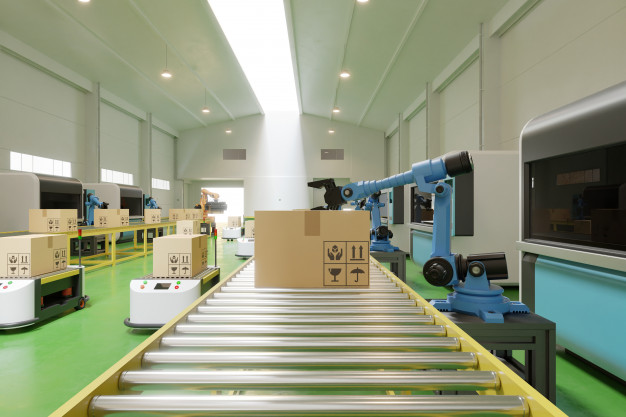Why is automation desirable by most industries?
Machine automation is the technology designed to check the movement of machines. The modern machines have some form of computer control built into it. It is then integrated with business systems to provide control inputs. But machine automation is a bit different from robotics. The later is implied to a more sophisticated level of automation, like the ability to respond to sensory perceptions or AI that adapt quickly. Automation is integrated into industrial machinery to perform tasks like welding, packing, cutting, palletizing, dispensing, and more.
Machines are now dominating in most parts of the world and automation is enabling the swift performance of different machine parts. Automation is preferred in global industries to reduce human effort and decrease costs. The world is going through a technological change with the increased demand for premium quality products. Thus, the requirement needs automated manufacturing and process engineering systems. Machine automation is all about working smarter, faster, and proficiently.
Here are the desired benefits out of machine automation –
The operational cost is reduced significantly. Automated machines are now able to perform work efficiently depending on the task. It leads to saving of labor cost, energy savings, and lowering the heating requirements in automated operations. Automation ensures streamlining of processes and an increase of accuracy.
It results in the reduction of factory lead times. Machine automation is improving the process control and keeps the process in-house. It also significantly reduces the lead times as compared to outsourcing.
It ensures faster ROI. The solutions are based on accurate and precise needs with lower operational costs, reduced lead times, & increased output.
It provides an opportunity for companies to be more competitive. The automated cells allow the decrease of cycle times and cost-per-piece while significant improvement in the quality. That provides the opportunity to compete on a global scale.
The output increases significantly. An automated machine has the ability to work at a constant speed 24/7. Thus, it provides the possibility to produce more. Products can be introduced faster into the production and programming can be done offline without disrupting the existing process.
It reduces the need for outsourcing. A compact automation system has automated cells with potential capacity concentration. It allows industries to produce parts outsourced earlier.
It helps in easy integration. A complete system will work with you for productivity. The cells will be proven with productivity and shipping ready – allowing the making of parts as soon as it is installed in the shop.
It ensures better planning. The production carried out by automation allows a company to be reliable with timing and costs. It permits a tighter margin on most of the projects.
Industrial automation or machine automation process is using a system like computers or robots to handle machines. Automation at the industrial workplace is providing advantages of improved productivity and reduction of errors. It also helps them increase safety and adds flexibility to the manufacturing process.
